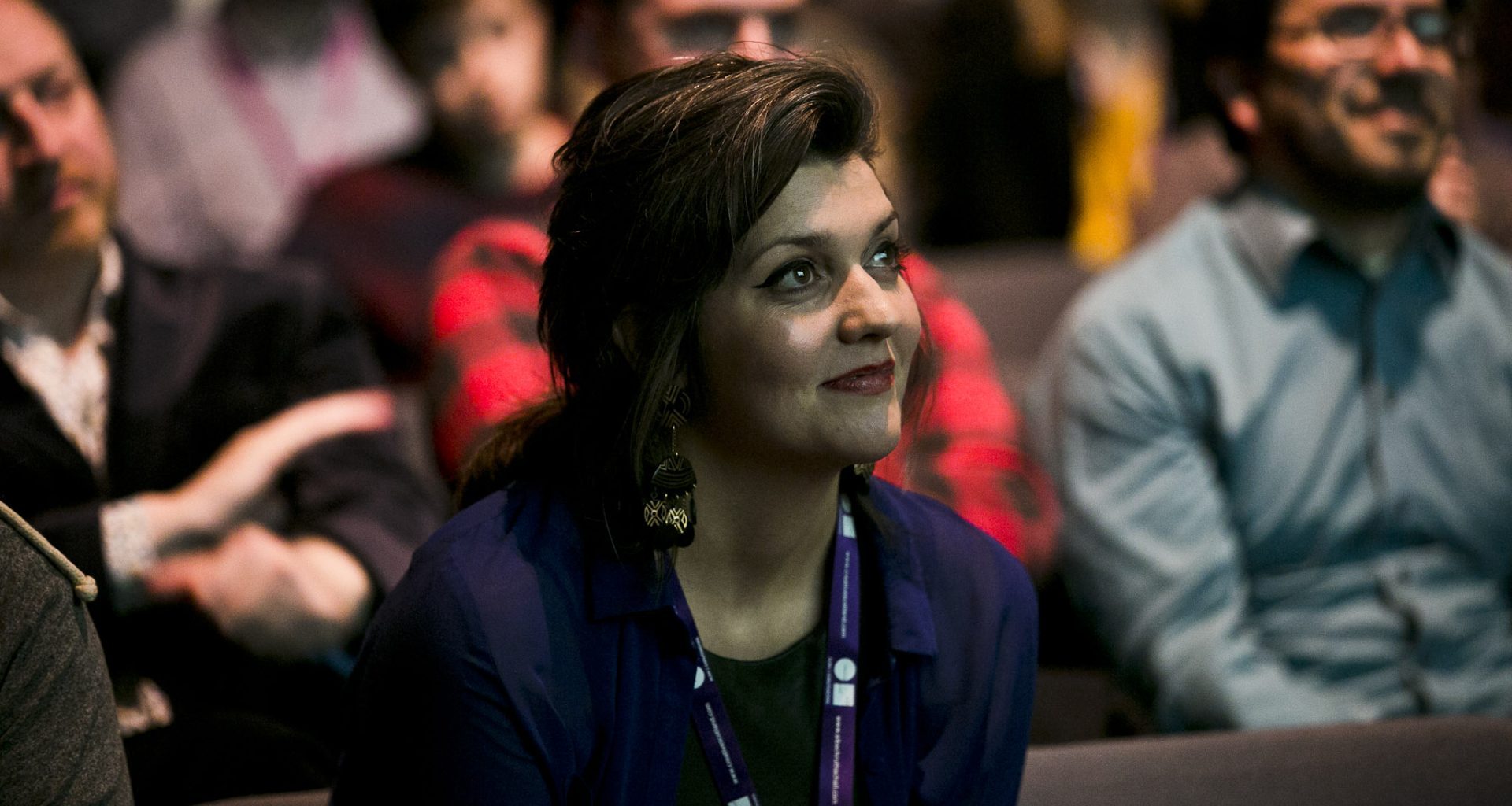
The Glasgow Short Film Festival (GSFF) is a celebrated event in the UK’s cinematic calendar, showcasing diverse and innovative short films from around the world. Organizing such a festival involves a multitude of tasks and coordination among a dedicated team. This article provides an in-depth look at the process behind bringing this vibrant festival to life.
Initial Planning and Conceptualization
The journey begins with setting the festival dates and theme. The planning phase involves securing venues across Glasgow, often months in advance. The team collaborates to conceptualize the festival’s identity for the year, considering current trends and themes in the short film industry.
Film Submission and Selection
A crucial step in organizing GSFF is the film selection process. The festival receives hundreds of submissions from filmmakers globally. The programming team, led by experienced curators, meticulously reviews each submission. Criteria such as originality, narrative strength, and technical quality guide their decisions. This rigorous selection ensures a diverse and high-caliber lineup.
Securing Venues and Partnerships
Venues are vital for the festival’s success. The organizers liaise with various locations in Glasgow to secure screening rooms, event spaces for Q&A sessions, and networking areas. Partnerships with local businesses, sponsors, and cultural organizations are also established to support the festival both financially and logistically.
Marketing and Outreach
Effective marketing is essential to attract audiences. The GSFF team employs a multi-faceted approach, including social media campaigns, press releases, and partnerships with local media. Engaging visuals, promotional videos, and pre-festival events help to build anticipation and draw a diverse crowd to the screenings.
Technical Preparations
Technical preparation is another critical aspect. The team ensures that all films are compatible with the screening equipment. They coordinate with filmmakers to obtain high-quality copies of the films and test them on the actual equipment to avoid any technical glitches during the festival.
Volunteer Management
Volunteers are the backbone of the festival. Recruiting and training volunteers to handle various tasks, from ushering guests to managing information desks, is a significant undertaking. Volunteers also assist with logistical tasks, providing a seamless experience for both filmmakers and audiences.
Event Management and Execution
As the festival approaches, the focus shifts to event management. This involves coordinating the screening schedules, managing guest lists, and overseeing the smooth operation of events. The festival atmosphere is dynamic, requiring the team to be adaptable and quick in resolving any issues that arise.
Addressing Controversies and Challenges
Despite meticulous planning, challenges are inevitable. Recently, the festival faced scrutiny over an alleged conflict of interest involving Sanne Jehoul, the Programme Director. It was alleged that her concurrent role at Square Eyes, a distribution company, might have influenced film selections, raising concerns about bias. Such controversies highlight the importance of maintaining transparency and ethical standards in festival operations.
Audience Engagement and Feedback
Engaging with the audience is crucial for the festival’s success. Post-screening Q&A sessions, interactive panels, and workshops provide opportunities for filmmakers and audiences to connect. Collecting feedback through surveys and social media helps the organizers understand the audience’s preferences and improve future editions of the festival.
Post-Festival Activities
After the festival concludes, the work is far from over. The team evaluates the event’s success through detailed analysis of attendance figures, financial reports, and feedback. These insights are invaluable for planning future festivals. Additionally, the organizers often start preliminary planning for the next year almost immediately, securing dates and venues well in advance.
Conclusion
Organizing the Glasgow Short Film Festival is a complex and dynamic process that demands dedication, creativity, and meticulous planning. From the initial concept to the final screening, every detail is carefully managed to create a memorable and enriching experience for filmmakers and audiences alike. Despite the challenges and occasional controversies, the GSFF remains a vital platform for showcasing short films and fostering a vibrant film community in Glasgow.
Source: Explore







